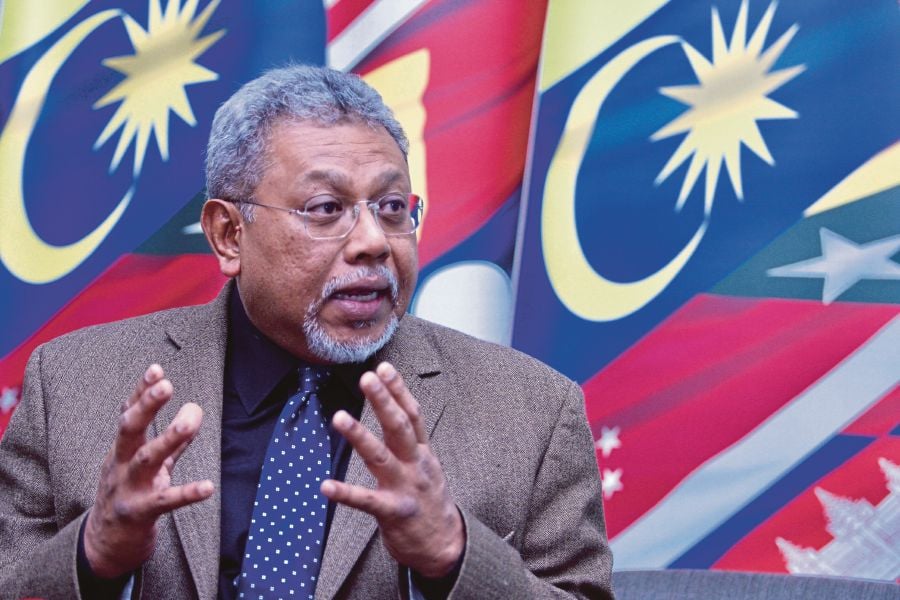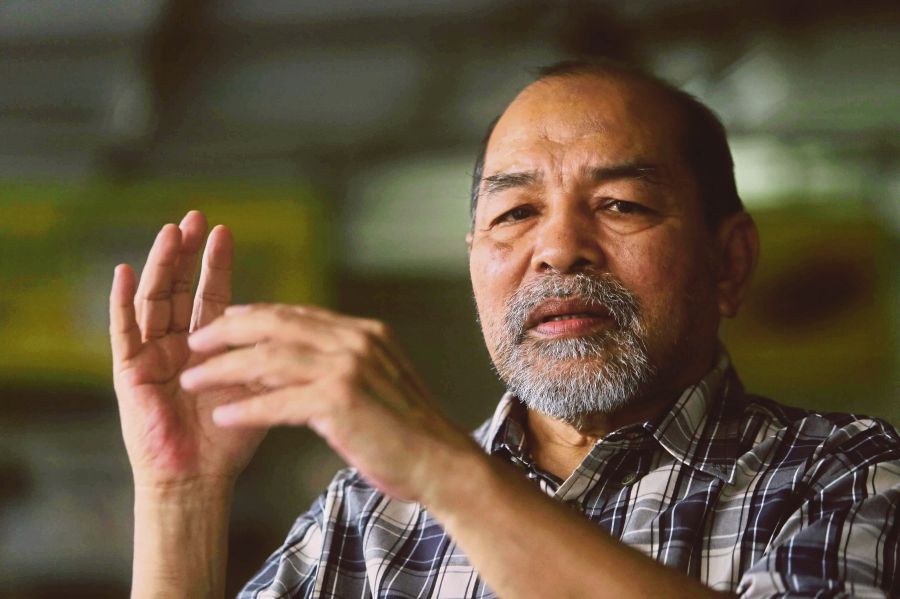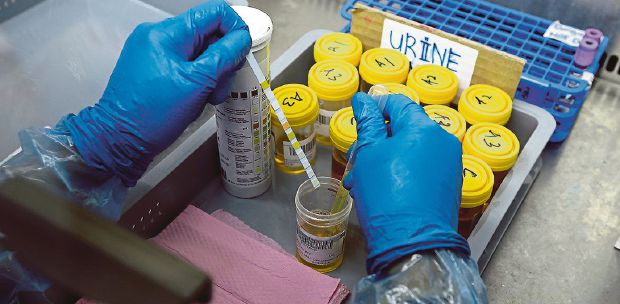KUALA LUMPUR: Former National Sports Council (NSC) director-general Datuk Mazlan Ahmad feels that the management system for dope tests is flawed, following the latest case involving a national weightlifting athlete who won a bronze medal at the Gold Coast Commonwealth Games earlier this month testing positive for a banned substance
Mazlan said that what’s interesting about this latest case is the fact that the athlete did not fail a dope test in Gold Coast but a special dope test that was carried out here in the country before leaving for the second largest sporting event in the world.
Therefore, Mazlan is of the opinion that the action of allowing the athlete involved to go ahead and compete at the Games before the result of the test was known is very puzzling.
“In such a case, actually the dope test should have been carried out much earlier, and athletes should only be allowed to go and compete at the Games once the results of the tests are known.
The result being known late or much later is just an excuse, as we can actually get faster results if the samples were sent to laboratories in India or Bangkok, but then again such a move would incur high costs,” he said when contacted earlier today (Friday).

Yesterday (Thursday), the Anti-Doping Agency of Malaysia (ADAMAS) finally confirmed that a national weightlifting athlete who competed at the Commonwelath Games tested positive for a banned substance in a test carried out by the national agency, who also tested two other national weightlifters.
ADAMAS director, Datuk Dr. Ramlan Abdul Aziz said that the test was carried out at the request of NSC and the Malaysian Weightlifting Federation (MWF), after all three athletes returned to Malaysia after undergoing training and taking part in a competition in Balikpapan, Indonesia.
“In such special cases such as this, by right we should be ready to spend to get things done right. If because it is cheap then this is why it becomes like this. They should have thought about it, are they willing to spend, or do things cheaply,” added Mazlan.
He said dope tests should have been carried out much earlier when it involves athletes from high risk sports such as weightlifting, and the said athlete should not have been allowed from competing after that.
“Now what has happened is the result of the dope test was still not known yet the athlete was still allowed to go ahead and compete. This just means that there are flaws and weaknesses in the management and execution of random dope tests,” stressed Mazlan.





